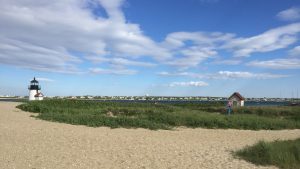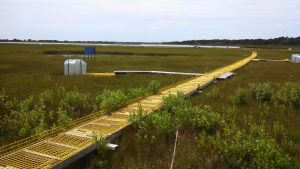Search results for: Offers%20%201800-299-7264%20Delta%20Airlines%20Reservations%20Contact%20Number
Shucked Oyster Rapid Response Program
RAPID RESPONSE: Assisting Shellfish Growers Impacted by COVID-19 Making In-roads Toward a Shucked Oyster Market in Massachusetts Overview With the arrival of COVID-19 and the social distancing measures to mitigate its spread including the closure of restaurants, sales of oysters have plummeted. With little access to their traditional markets, shellfish aquaculture businesses and the related…
Read MoreQuestions and Answers on Purchasing Coastal Real Estate In Massachusetts
Questions and Answers on Purchasing Coastal Real Estate In Massachusetts Are you considering buying property near the water? This brochure focuses on questions you should ask (and where to find the answers) as a potential purchaser of coastal real estate. This resource provides information about permitting, erosion and erosion control structures, flood insurance, and much…
Read MoreMarine Nonfuel Minerals in the U.S. Exclusive Economic Zone: Managing Information as a Resource
Marine Nonfuel Minerals in the U.S. Exclusive Economic Zone: Managing Information as a Resource Broadus, J.M. and P. Hoagland Ocean and Shoreline Management, Vol. 13, No. 3 & 4, pp. 275-294, 1990 WHOI-R-90-023
Read MoreSome Determinants of Maturation in Brook Trout, Salvelinus fontinalis
Some Determinants of Maturation in Brook Trout, Salvelinus fontinalis McCormick, S.D. and R.J. Naiman Aquaculture, Vol. 43, pp. 269-278, 1984 WHOI-R-84-019 Size, age, growth rate and photoperiod (the controlling effects of the length of the day on phenomena such as reproductive cycles in mammals, migration patterns in birds, flowering in plants) were examined for their…
Read MoreCoastal Conference Series Spotlights Nantucket
More than 100 people attended the second biennial Nantucket Coastal Conference at the Atheneum on June 26, 2019, to hear about the coastal issues that impact Nantucket and the approaches government, industry and non-profit organizations take in addressing them. Fifth in a series of conferences that started in 2013 and alternate between Martha’s Vineyard and Nantucket,…
Read MoreTeacher Workshop: July 15, 2022- Sea Level Rise
The Perfect Storm: Exploring how sea level rise and storms intersect Presenters: Greg Berman, Coastal Processes Specialist, Woods Hole Sea Grant and Cape Cod Cooperative Extension – The Science of Sea Level Rise and Storms, Presentation Slides Shannon Hulst, Floodplain Specialist, Woods Hole Sea Grant and Cape Cod Cooperative Extension – Applying the Science:…
Read MoreCOVID-19 Resources
COVID 19 RESOURCES We are pleased to offer the following resources to assist our stakeholders, developed during the pandemic but still relevant to a great deal as we transition back to a “new normal.” Woods Hole Sea Grant staff are working a hybrid of remote and in-office schedules but as always are available to assist you…
Read MoreUpcoming Workshop for Educators
The next “Topics in Oceanography” workshop will focus on carbon cycling in coastal Wetlands with Dr. Meagan Eagle Gonneea, USGS, and Dr. Anne Giblin, Marine Biological Laboratory. It will be held October 29, 2019.
Read MoreEvaluation of Coastal Erosion Hazards: Results from a National Study and a Massachusetts Perspective
Evaluation of Coastal Erosion Hazards: Results from a National Study and a Massachusetts Perspective Helpful to educators and students. WHOI Sea Grant Focal Points, 3 pp., 2001 WHOI-G-01-003
Read MoreCoastal Impacts Newsletter Winter 2022
Coastal Impacts Woods Hole Sea Grant Newsletter February 2022 Letter From The Director Business Continuity Planning Program Scheduled National Flood Insurance Program Updates Community Rating System Updates Upcoming Floodplain Management Training Funded Researchers Working on Real-Time ‘Shark Forecast’ Working Toward Shellfish More Robust to Disease Pressures Girls in Science Now Accepting Applications for 2022 Sessions Dune Sign…
Read More

